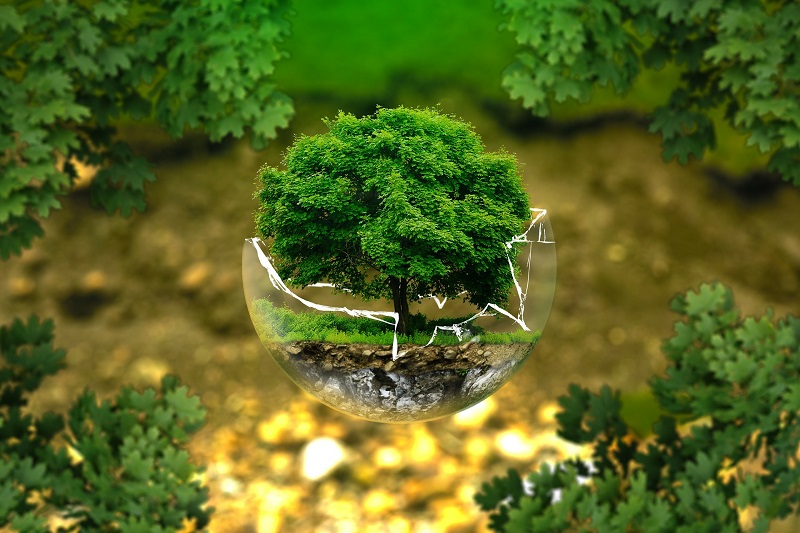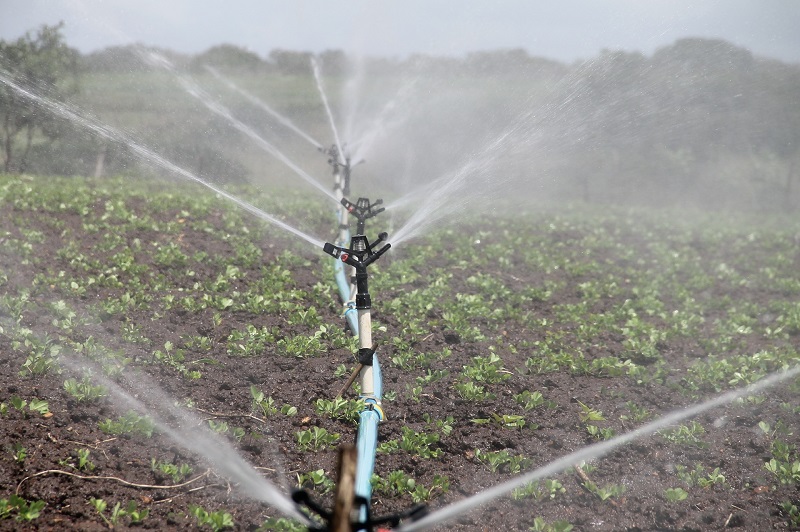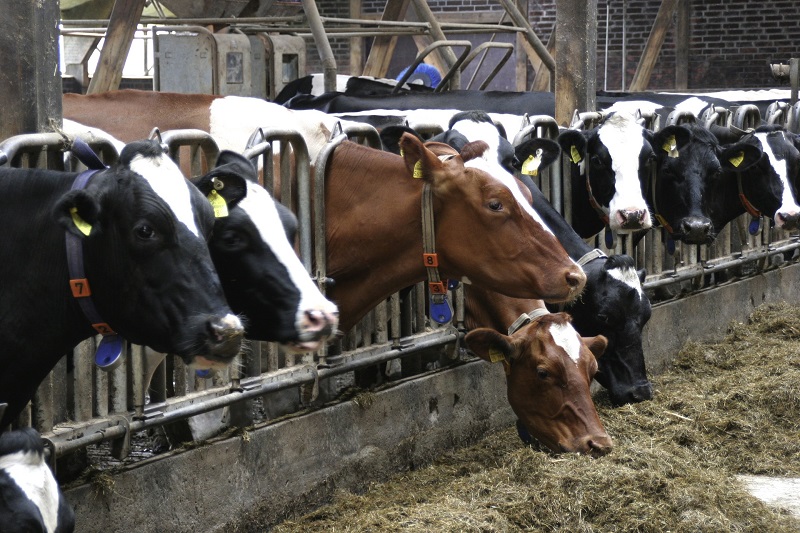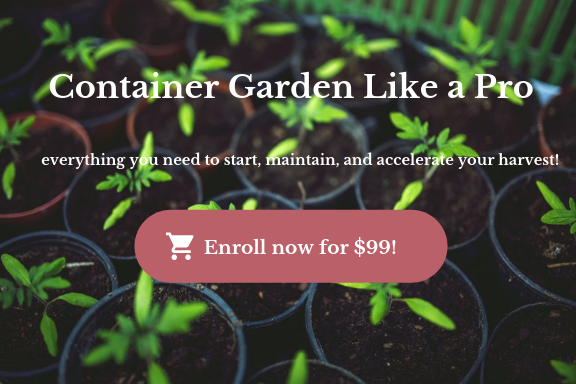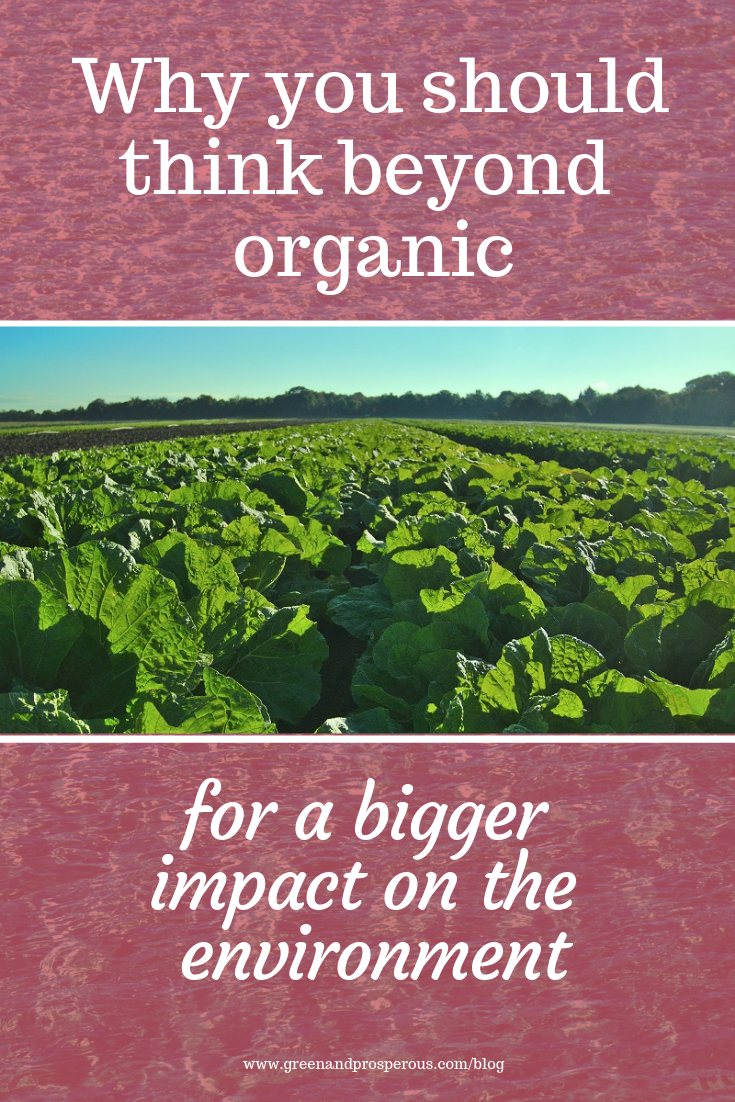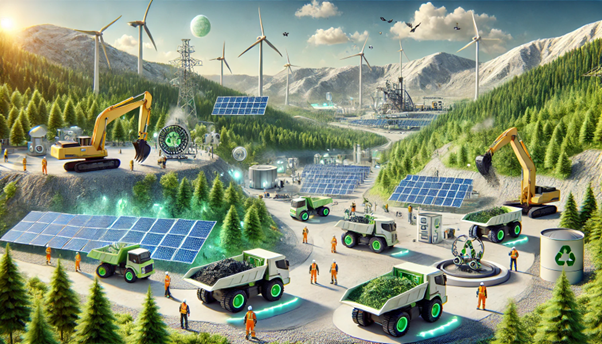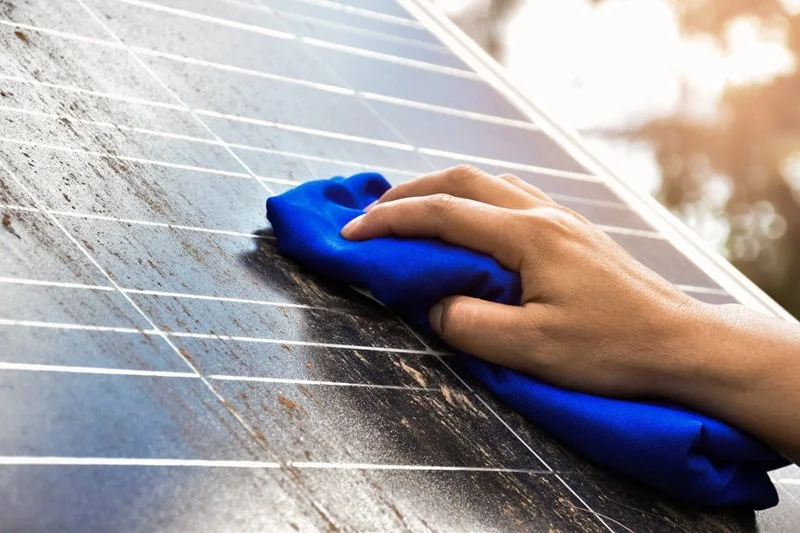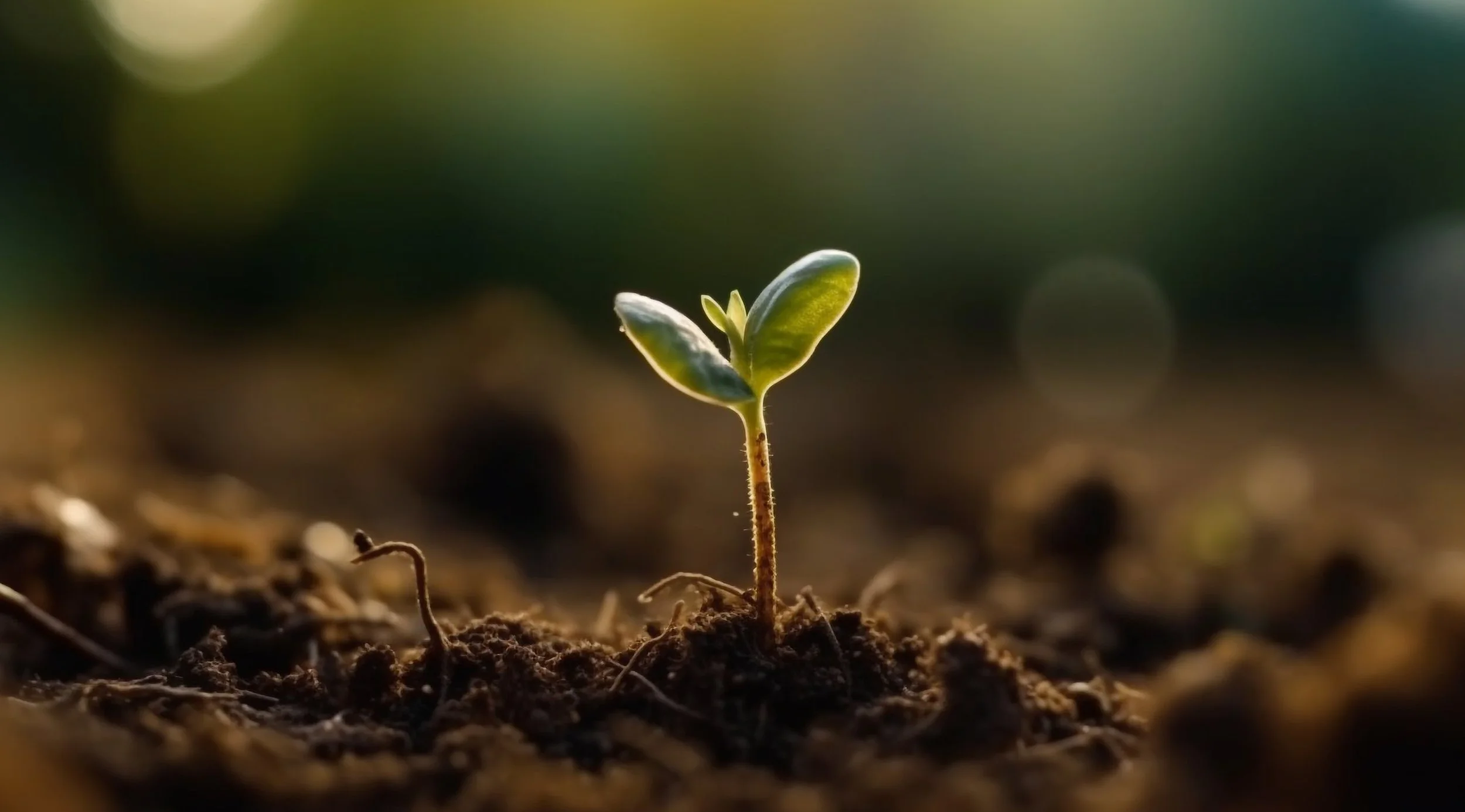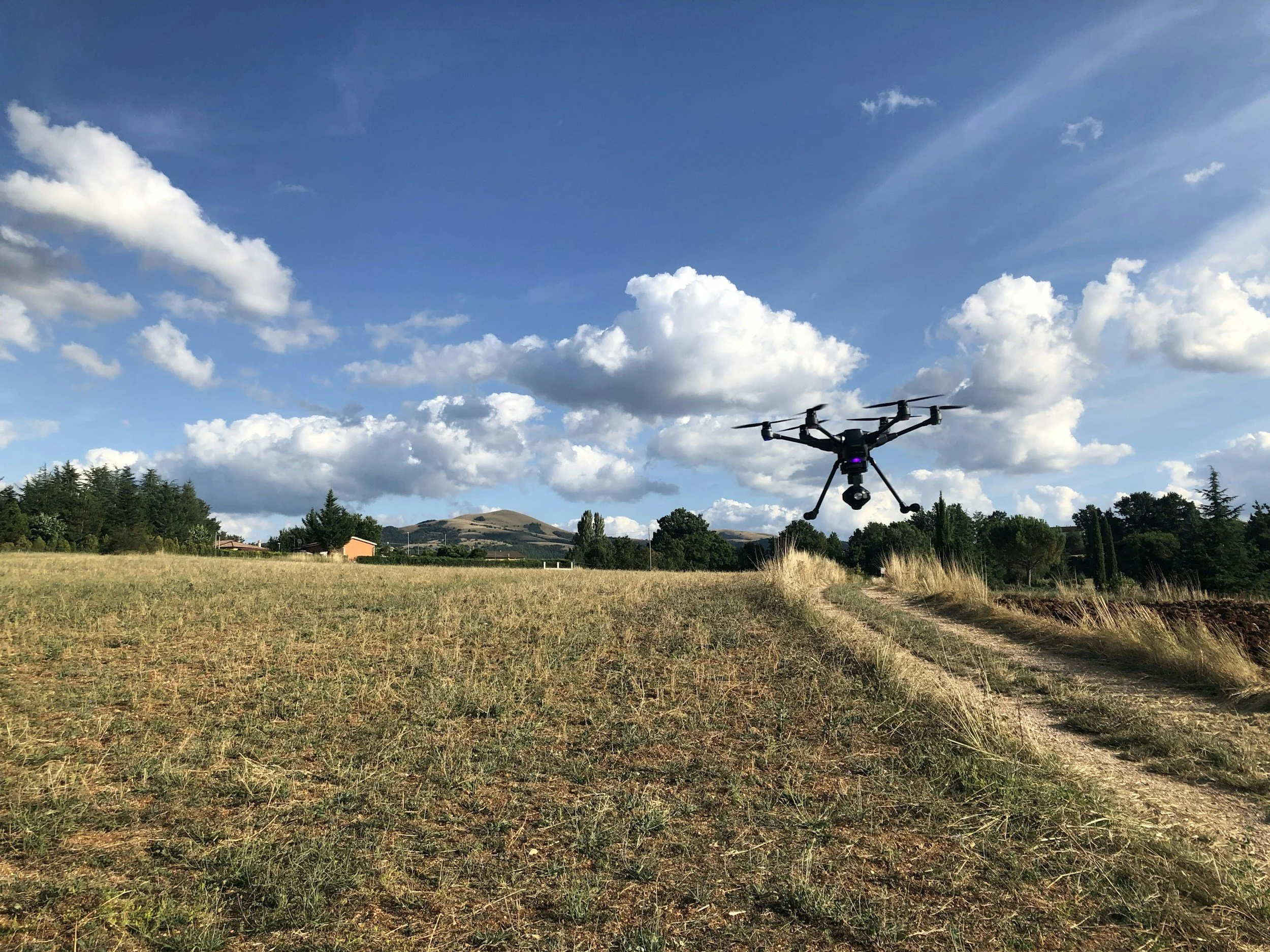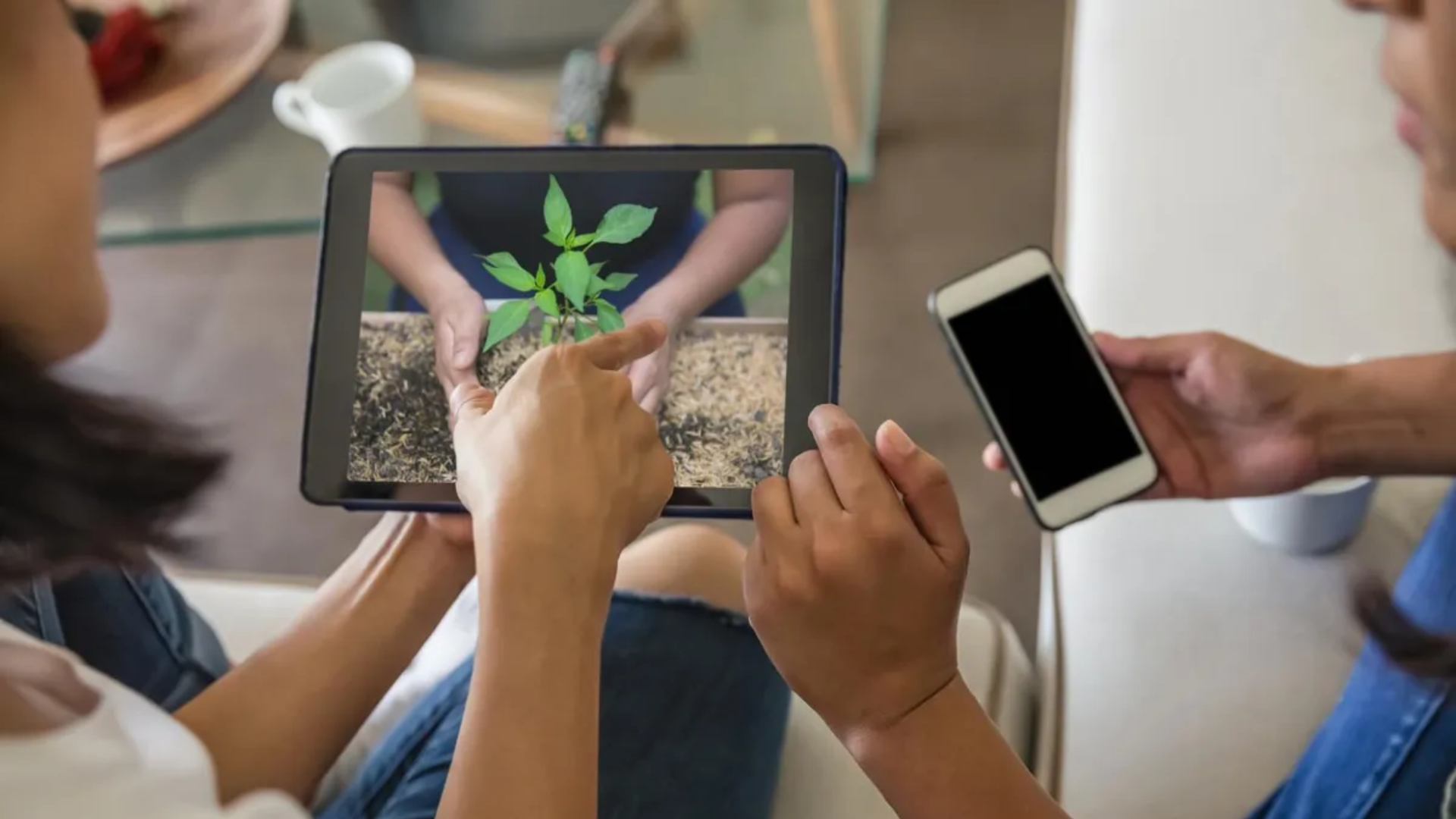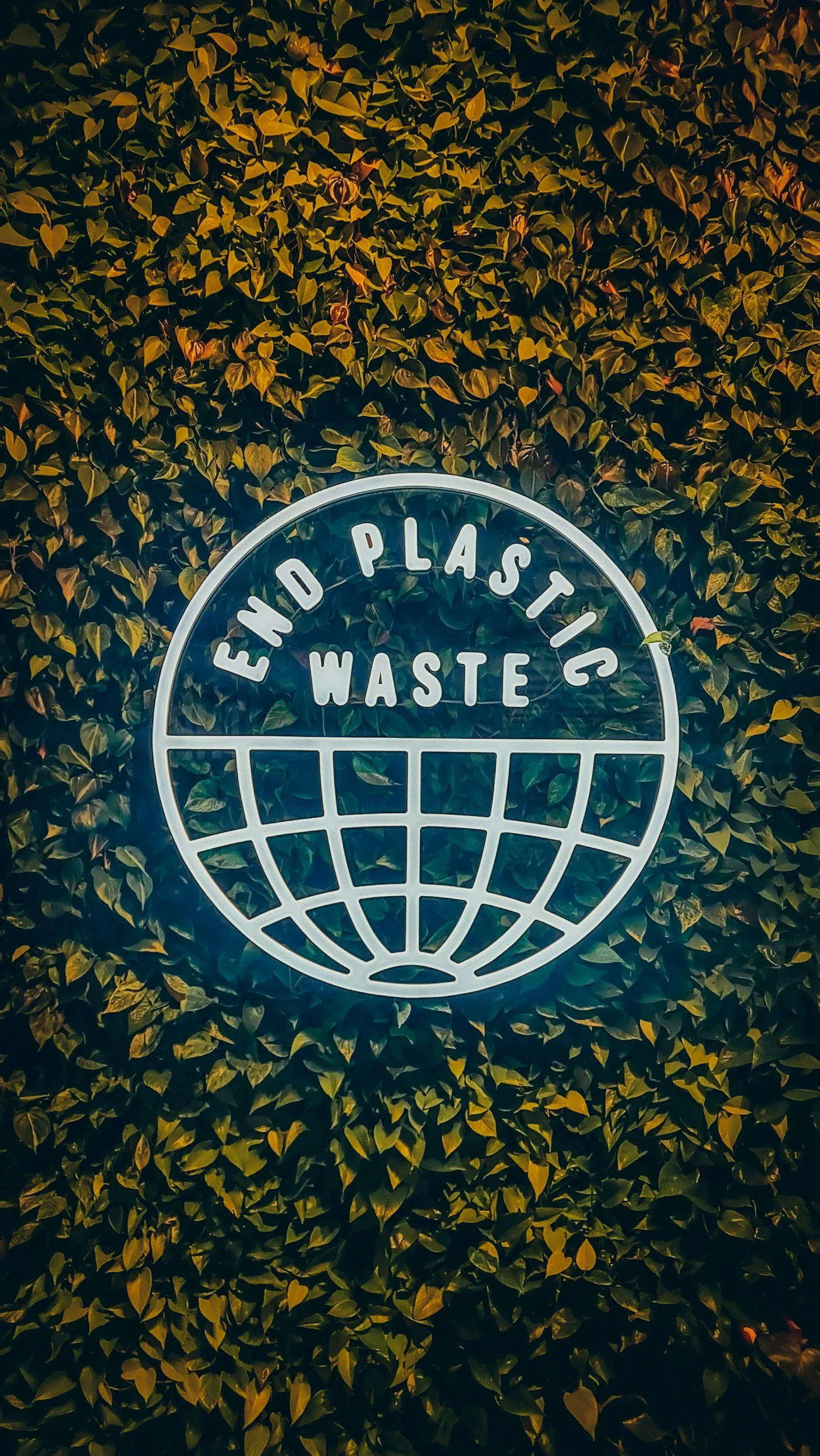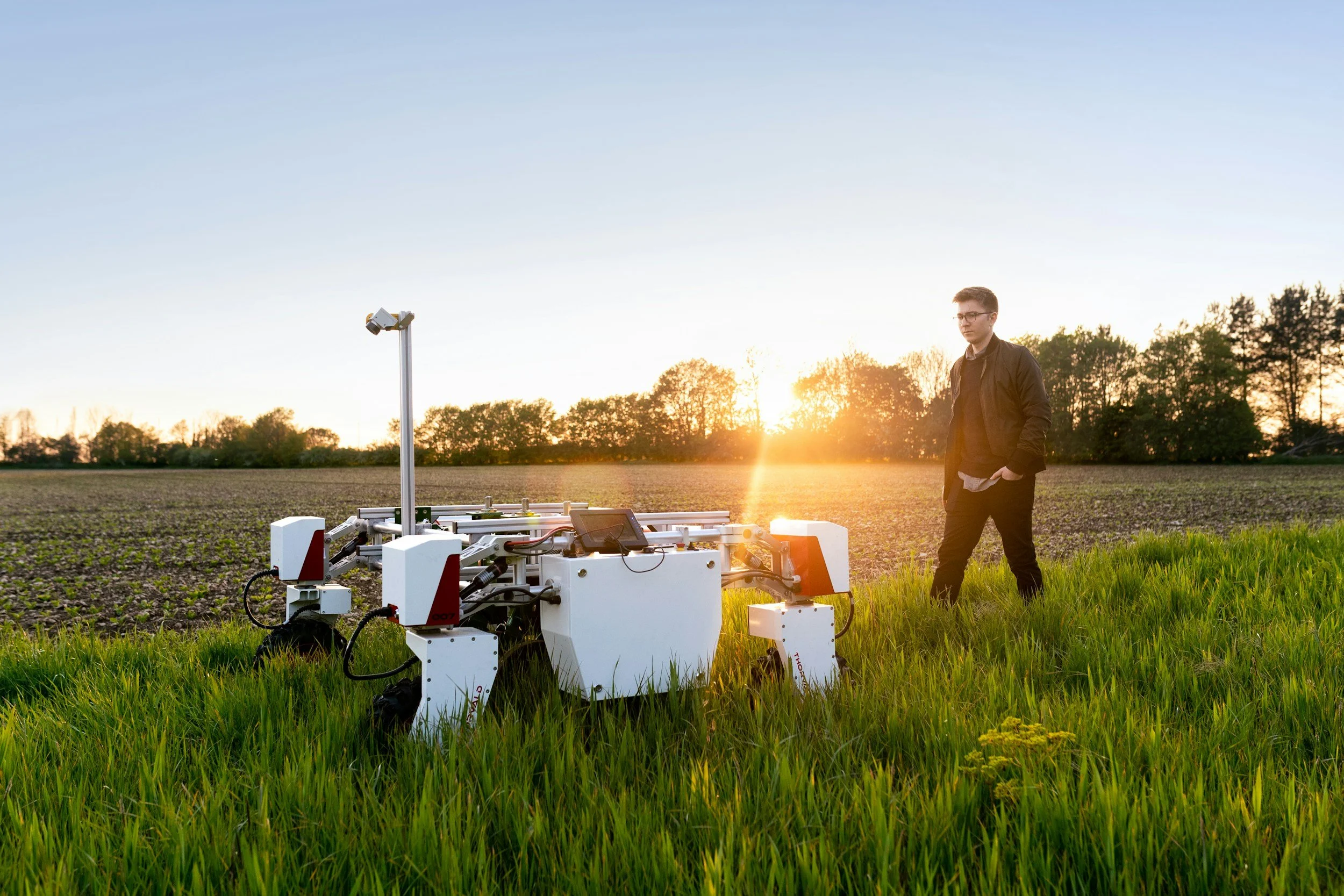Why you should think beyond organic for a bigger impact on the environment
/(all images from pixabay.com)
Globally, the way people think about food has shifted dramatically over the past few decades. With major changes to the food industry (including the introduction of GMO, the mainstreaming of organic foods, a growing awareness of the problems with factory farming, and the growing number of documentaries about our eating habits) more people now think that eating healthy is important. Along with that, many people have turned to the organic market to create healthier diets for themselves and their families.
Organic is hyped, let’s be real for a minute here. While I would never tell you not to eat organic (for reasons I have explained in previous posts), the fact is that there are lots of problems with organic farming that most people don’t know, or just choose not to think about. And eating organic will not help save the planet. That last thought is an important one, so I’ll repeat it once more.
Eating organic foods will not help save the planet.
Instead of focusing specifically on organic fare, we have to think more about how that food is being grown, who is growing it, and what kinds of resources are being used (and wasted) to make that organic food. When you think about things in that way, the urgent question becomes one of resource management.
In other words, how you consume is just as important as what you consume. In thinking about how we consume (food), globally, here are some important facts to consider:
Agriculture is responsible for at least 10% of the world’s greenhouse gas emissions. I didn’t just say conventional agriculture. That’s all agriculture, organic and conventional alike. Most of these emissions come from raising livestock for meat.
Organic farmers do not always practice the most environmentally sound methods of agriculture. It requires more land to produce the same yields as in conventional agriculture, at least for some crops, and some of the pesticides that are allowed for use in organic farming (yes, organic farmers use pesticides) have been demonstrated to harm the environment, including wildlife.
By the same token, some farmers are not organic-certified but practice good stewardship of the land anyway. In other words, these conventional farmers may be using organic growing methods. These farmers do not deserve to be branded as examples of the evils of industrial agriculture. In fact, getting organic certification is more difficult than ever (it takes 3 years of organic farming to be certified), and the problem is compounded by the fact that organic farmers have much less access to subsidies and resources to make their operations financially prosperous, despite recent changes to the still-highly-problematic U.S. Farm Bill.
Nowadays, industrial food producers have gotten in on the organic game after seeing demand for organic food spike. Some organic growers and consumers fear (righty so) that this shift has resulted in a change in organic growing standards (not for the better).
Organic food is not necessarily healthy food. Manufacturers and growers want to sell their products, ALWAYS remember that. Some products are ethically sourced, responsibly manufactured, and genuinely healthy, some are intended to be (but fall short), and others are not. Read the ingredient list on the back of the box, not the marketing lingo on the front of it. Most of this wording doesn’t have any real meaning; it is designed to entice you to buy the product - period. It is not healthy if it contains three times the amount of recommended daily sugar. Sugar has many different names, like glucose, fructose, agave, cane sugar, fruit juice concentrate, maple syrup, and honey. Learn the names.
So instead of simply focusing on eating organic food, here are a few choices you can make that will actually help the environment and improve your physical and mental health.
Support local farmers by eating more locally sourced food – it not only helps reduce the number of miles your food has to be transported by truck, train, airplane, or other high-emission transportation modes, it also helps revitalize your local community, in part by enabling engagement with local partners to develop local food systems, which in turn invest in existing communities. Communities are usually the best resources for jump-starting and sustaining local efforts to protect the quality of the air, water, and soil; to preserve farmland and green spaces, to boost economic opportunities for local businesses and farmers, and to improve access to healthy food and healthy lifestyles, including and especially children’s.
Eat less meat. It’s no secret that factory farming (raising animals for meat) is a major contributor to greenhouse gases, and animal waste from the more than 70 billion animals raised annually for human consumption contaminates groundwater and the air, contributing to problems for the environment and its human, animal, plant, and insect populations. Reducing global demand for meat by eating at least one vegetarian meal a week will help reduce the global impact of factory farming on the environment. The current state of factory farming isn’t sustainable, in any case, which is one reason why scientists have been coming up with ways to create lab-grown meat that actually tastes like…meat (this goes way beyond your run-of-the-mill tofurky that about 3 people in the world actually think tastes good).
Grow some of your own vegetables, responsibly. Starting your own food garden, even if it only contains a few vegetables or fruits, is a wonderful way to develop an appreciation for where your food comes from and a greater sensitivity to how it’s grown. It’s important to use responsible gardening practices so that you’re not contributing to the environmental problems we already face. The most important thing you can do to begin the process is to build up a rich cocktail of nutrient-dense soil that will not only produce vegetables that are more nutritious that what you get in the market, but that can also work to remove carbon dioxide from the air and store it in the ground in a process known as carbon sequestration. Better yet, compost your food scraps, which will yield rich soil for your garden, combat food waste, and keep those greenhouse gas-emitting scraps from ending up in a landfill. To conserve water, use a rain barrel or soaker hose to water your crops.
Finally, you can also shop for ethical brands that practice and support responsible growing, producing, and manufacturing practices. Do you do a lot of your shopping on Amazon.com? Take a look at the package that your order is shipped in. Is the box way too big relative to the size of the item it contains? What about the box that the manufacturer uses for its product? Is it recyclable? Does it contain a lot of unnecessary packaging? Write to Amazon and/or the manufacturer and let them know you’d like to see them use less packaging for the product.
The more that each of us begins to think beyond organic to questions surrounding how resources are being used, managed, exploited, or preserved, the easier it will become to make a substantial and sustainable impact on the fight against climate change.
I’d love to share more information with you about growing some of your own food and how you can do this efficiently, with little space, even if you’re the busiest person in the world (or just think you are). Check out the curriculum for my new online course, Container Garden Like a Pro, then sign up to my mailing list using the link on that page to be notified when the course materials are uploaded. You’ll also receive access to my library of Free Resources and special, member-only pricing on the course.
Like this? Please pin!




